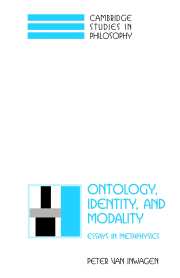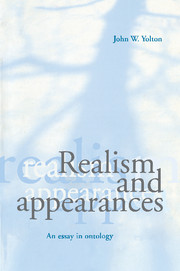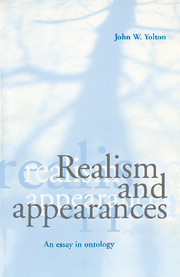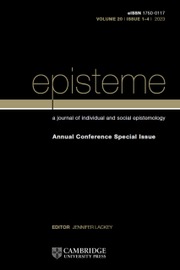Seeing through Self-Deception
What is it to deceive someone? And how is it possible to deceive oneself? Does self-deception require that people be taken in by a deceitful strategy that they know is deceitful? The literature is divided between those who argue that self-deception is intentional and those who argue that it is nonintentional. In this study, Annette Barnes offers a challenge to both the standard characterization of the deception of others and current characterizations of self-deception, examining the available explanations and exploring such questions as the self-deceiver's false consciousness, bias, and the irrationality of self-deception.
- Deeper and more complete than other accounts of self-deception
- A challenge to the standard characterization of the deception of others and the characterization of self-deception
- Discussions of false consciousness, bias and the objectionability of self-deception
Reviews & endorsements
"Recommended for upper-division undergraduate and graduate students, faculty, and researchers." Choice
"We are grateful to Annette Barnes for courageously shedding light on a difficult and important problem." Béla Szabados, Philosophy in Review
Product details
August 2007Paperback
9780521038775
196 pages
215 × 139 × 10 mm
0.265kg
Available
Table of Contents
- Acknowledgements
- Introduction
- 1. Other-deception
- 2. Two models of self-deception
- 3. The need for an alternative model of self-deception
- 4. Functioning to reduce an anxiety
- satisfying a desire
- 5. Self-deceptive belief formation: non-intentional biasing
- 6. False consciousness
- 7. Intentional and non-intentional deception of oneself
- 8. Irrationality
- 9. What, if anything, is objectionable about self- and other-deception?
- References
- Index.







